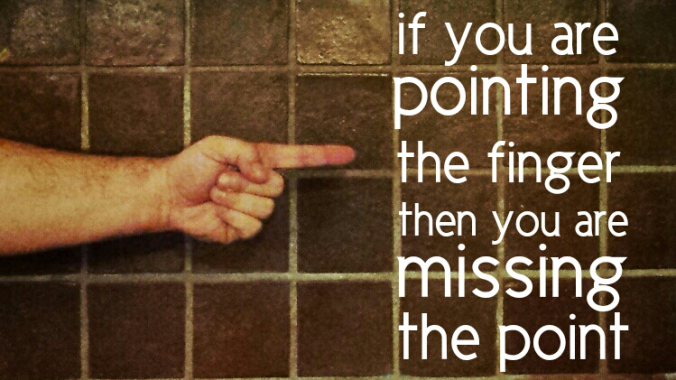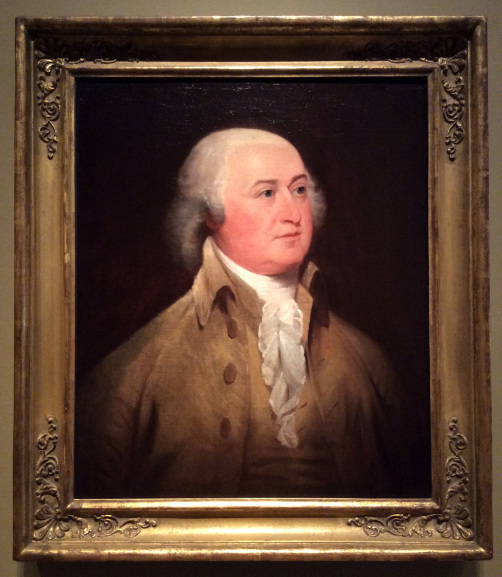
Today’s readings (click below to open in new tab/window):
Psalms 89:1-18; 147:1-11, Genesis 4:1-16, Hebrews 2:11-18, John (1:29-34) 35-42
The story of Cain and Abel is the original tale of sibling rivalry. Cain, the first child of Adam and Eve, was a “tiller of the ground” and made God an offering of his harvest. His brother Abel was a shepherd, and offered God the finest of his flock. God favored Abel’s offering but not Cain’s, and in jealous anger Cain slew Abel with a rock. Instead of killing Cain, God instead banished him east of Eden and placed a mark of protection on him so no one else would kill him either.
Stories of rivalry are seldom so extreme, but Cain made a common mistake: when things didn’t go his way, he assumed the role of victim.
When God noticed Cain was angry because his offering was not respected, he asked Cain: “Why are you angry, and why has your countenance fallen? If you do well, will you not be accepted?” Cain never stopped to ask himself (or God) what he might have done differently. Instead he directed his anger toward Abel. God had advised him: “And if you do not do well, sin is lurking at the door; its desire is for you, but you must master it.” As God predicted, blaming Abel for his failure led to an even bleaker fate.
Our reaction to failure determines the course of our future. Not being honest with ourselves about our own contributions to a failed effort can have disastrous results for ourselves and those around us. Even when we feel someone has taken advantage of us, we can ask whether and how we made it possible. This doesn’t excuse the other person, but restores our sense of control over the situation and prepares us for similar situations in the future.
We’ll never know why God rejected Cain’s offer, because he didn’t ask. When we bungle a project at work or handle a family situation poorly, it’s tempting, easy, and human to blame the circumstances, a co-worker, or a spouse. Once that’s out of your system, you need to look inward. In any situation, you are the only person you can control.
Comfort: When you make mistakes, God is not waiting to condemn but to help.
Challenge: Reconsider a situation – from a time when you were an adult – where you blame someone else for failure or problems. Ask yourself what you might have done differently, and what could you do differently in the future.
Prayer: God, teach me to see myself as I am, not as I pretend to be. Amen.
Discussion: How often do you play the victim?
Join the discussion! If you enjoyed this post, feel free to join an extended discussion as part of the C+C Facebook group. You’ll be notified of new posts through FB, and have the opportunity to share your thoughts with some lovely people. Or feel free to comment here on WordPress, or even re-blog – the more the merrier!
if you like this post, please show some love and share or reblog. Thanks!




